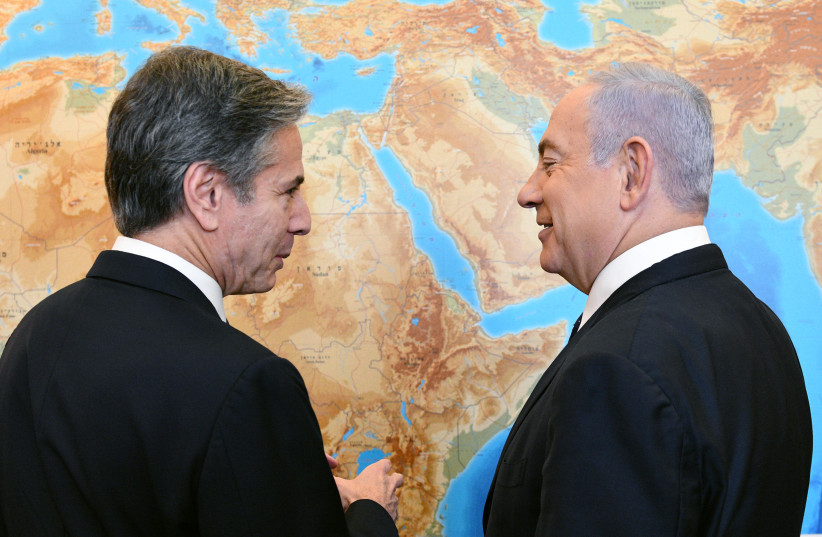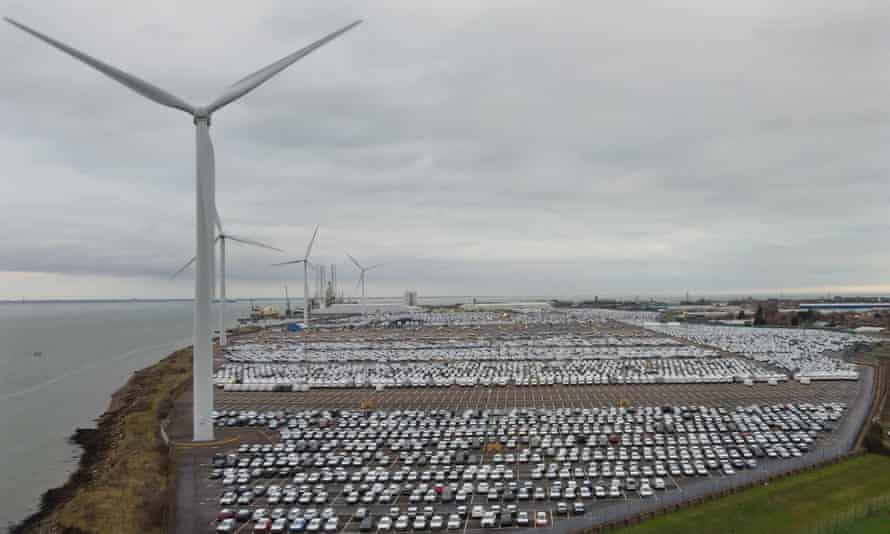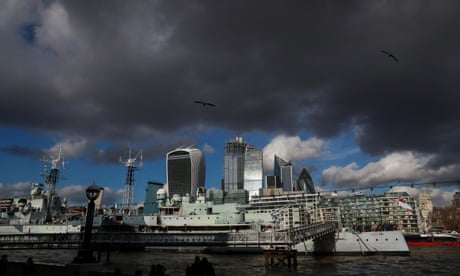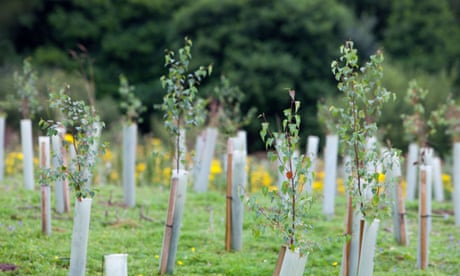Benjamin Netanyahu said Israel would prefer that a consulate to another entity – the Palestinian Authority – not be on Israeli sovereign territory.
By LAHAV HARKOV
MAY 26, 2021
Jerusalem Post

US Secretary of State Antony Blinken meets with Prime Minister Benjamin Netanyahu, May 25, 2021
(photo credit: HAIM ZACH/GPO)
Prime Minister Benjamin Netanyahu informed US Secretary of State Antony Blinken that Israel opposes the reopening of a US consulate for Palestinians in sovereign Israel, hours before the US went public with its plan to do so in Jerusalem.
Netanyahu said Israel would prefer that a consulate to another entity – the Palestinian Authority – not be on Israeli sovereign territory.
The Trump administration then merged the US consulate for Palestinians into the US Embassy to Israel in the capital in March 2019; the move was mostly symbolic as most consulate workers continued doing the work they did before, but under the title of “Palestinian Affairs Unit.”
Blinken said in a press conference on Tuesday night that he is not sure what the time-frame will be on reopening the consulate.
"I can tell you that it’s, I think, important to have that platform to be able to more effectively engage not just the Palestinian Authority, but Palestinians from different walks of life, the NGO community, the business community, and others. And so we look forward to doing that," he stated.
White House Press Secretary Jen Psaki said soon after that reopening the consulate "is an important step in our view, in terms of continuing to rebuild the relationship with the Palestinian leaders that was cut off for several years because of the closure of the consulate, because UNRWA funding was cut off in 2018, and there really wasn’t a method for engaging with Palestinian leaders and others."

Israeli Ambassador to the US and UN Gilad Erdan said that it is the US’s prerogative to reopen the consulate, but that Israel “indeed expressed clear opposition to reestablishing the consulate on Jerusalem’s municipal territory.”
“It can be in Abu Dis [or] Ramallah,” Erdan told KAN. “The fact that the Americans may have a security concern from opening a consulate for their workers in these places only shows what we’re talking about.”
Erdan also pointed out that opening the PA embassy in Jerusalem contradicts American policy recognizing the city as Israel’s capital, as former US president Donald Trump did in 2018 and US President Joe Biden said he would not reverse.
Still, Erdan said, “we can disagree with the current government and not every disagreement has to become a crisis. The fact is that, in the same breath, we are cooperating closely and [Blinken] announced his strong commitment to Israel’s security and replenishing the Iron Dome batteries.”
Erdan said that Netanyahu unequivocally supports US and other international humanitarian aid for Gaza but that his support is nuanced: “We can and must stop a humanitarian crisis, so things that are necessary like water, electricity, medicines or things like that certainly must be allowed, but we must check 100% that it is not reaching Hamas’s hands to be used to rebuild terrorist infrastructure.”
Netanyahu also supports economic projects for Palestinians in the West Bank, Erdan said, but only on the condition that the Palestinians back down from unilateral action against Israel in international organizations.
“When the PA promotes actions against us in the [International Criminal] Court in the Hague or [on Thursday] in the UN Human Rights Council in Geneva, where there is a Palestinian initiative to form a commission of inquiry against Israel, we clarified to the Americans: The two things don’t go together. There won’t be an advanced dialogue with Abbas and the PA as long as they continue to try to harm the State of Israel, its soldiers and its civilians,” he said.
As such, Erdan explained, “we can try to promote economic projects but nothing beyond that, a diplomatic dialogue cannot be advanced in this way.”
Blinken said on Tuesday that Iran increased its violations of the Joint Comprehensive Plan of Action after the US left the deal in 2018, and a return to it was meant to put the nuclear threat “back in the box.”
Erdan, however, said Israel views Iran’s recent violations as a response to Biden campaigning last year on a return to the JCPOA.
Iran is “trying to put pressure, through what we call ‘nuclear extortion,’ to worsen its violations, because it doesn’t see an international military threat,” the ambassador said.
“Israel cannot accept this situation,” he added.
As for the American plan to negotiate a “longer and stronger” version of the JCPOA after Iran returns to compliance with the original, Edan pointed out that Blinken “didn’t say what would happen if the Iranians refuse to talk to them about the deal they want to aim for.”
“We totally believe the US government that it does not want Iran to have the bomb and that would be very bad, but for Israel it’s not just very bad, it’s an existential interest, because we are the ones directly threatened by Iran, and they are the ones building a network of terror organizations around us,” Erdan said.
As such, the ambassador added, “Israel will maintain its freedom to act, to take any step to prevent Iran from acquiring nuclear weapons and no agreement will bind Israel to behave in a way that will tie its hands.”






